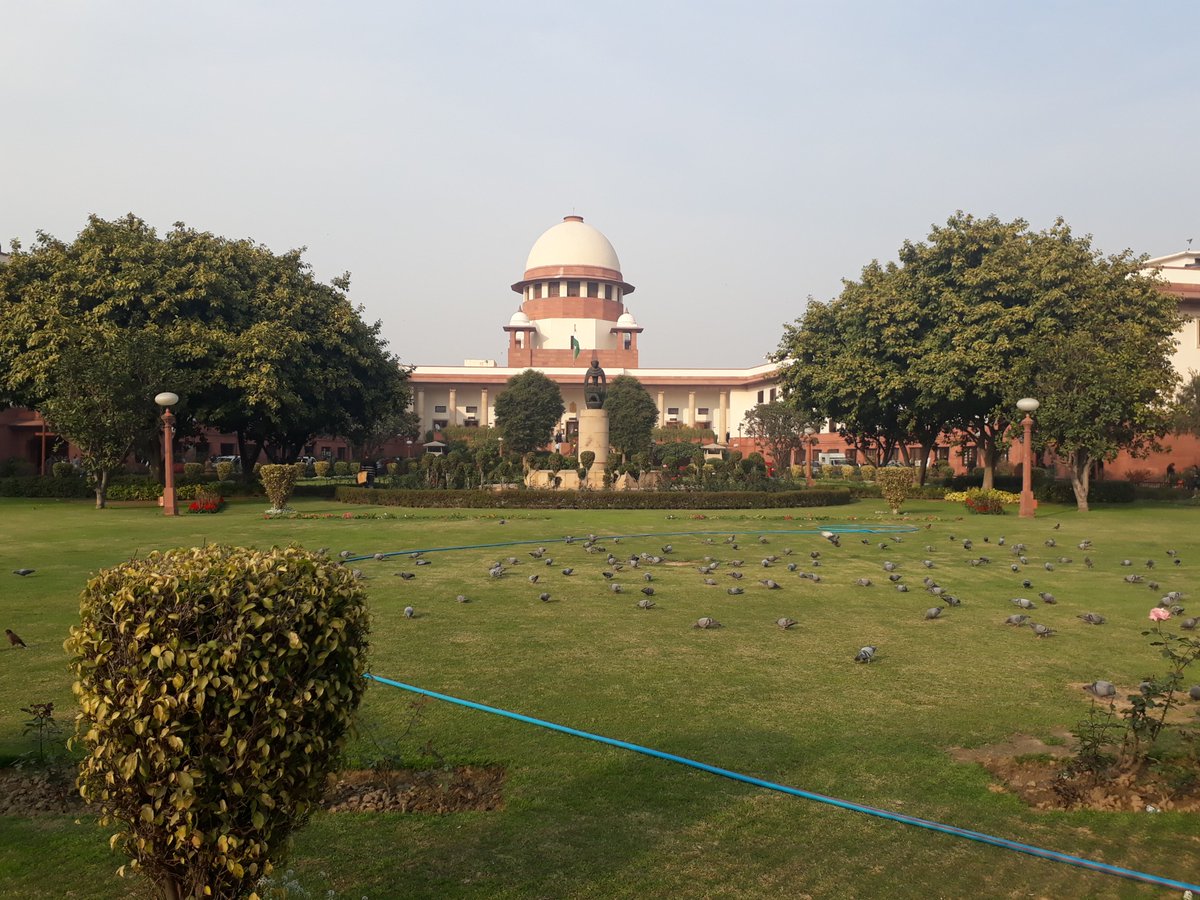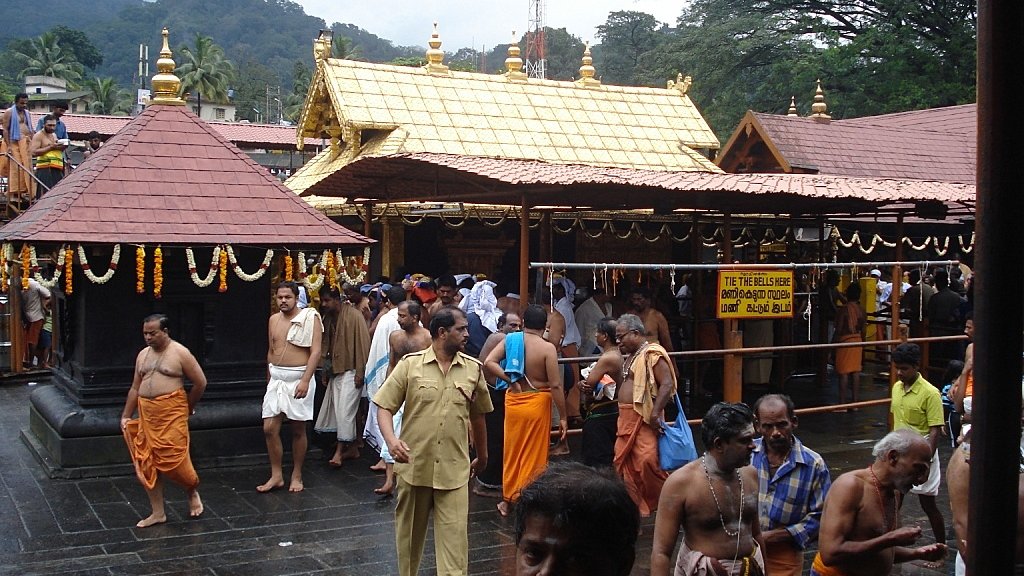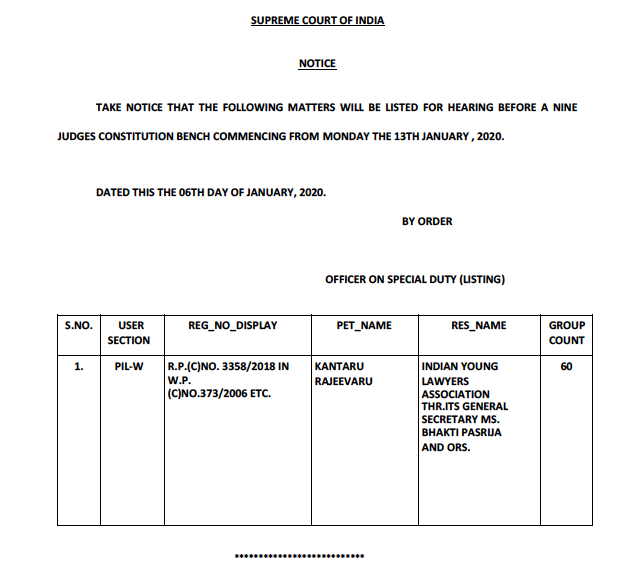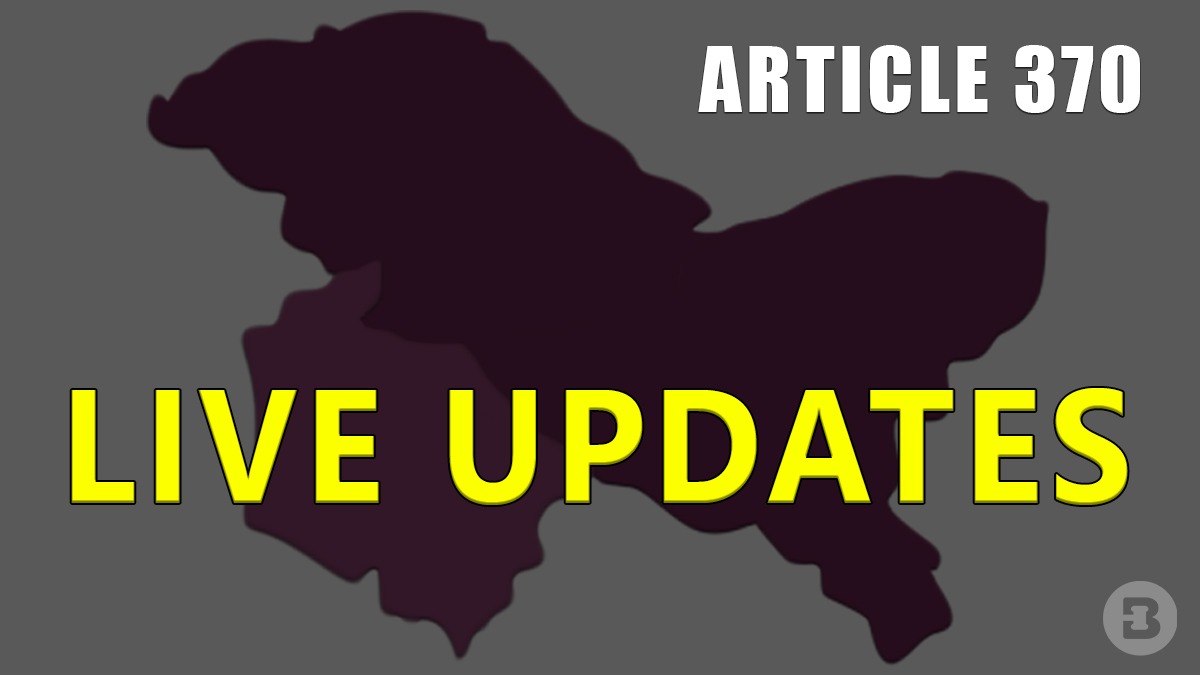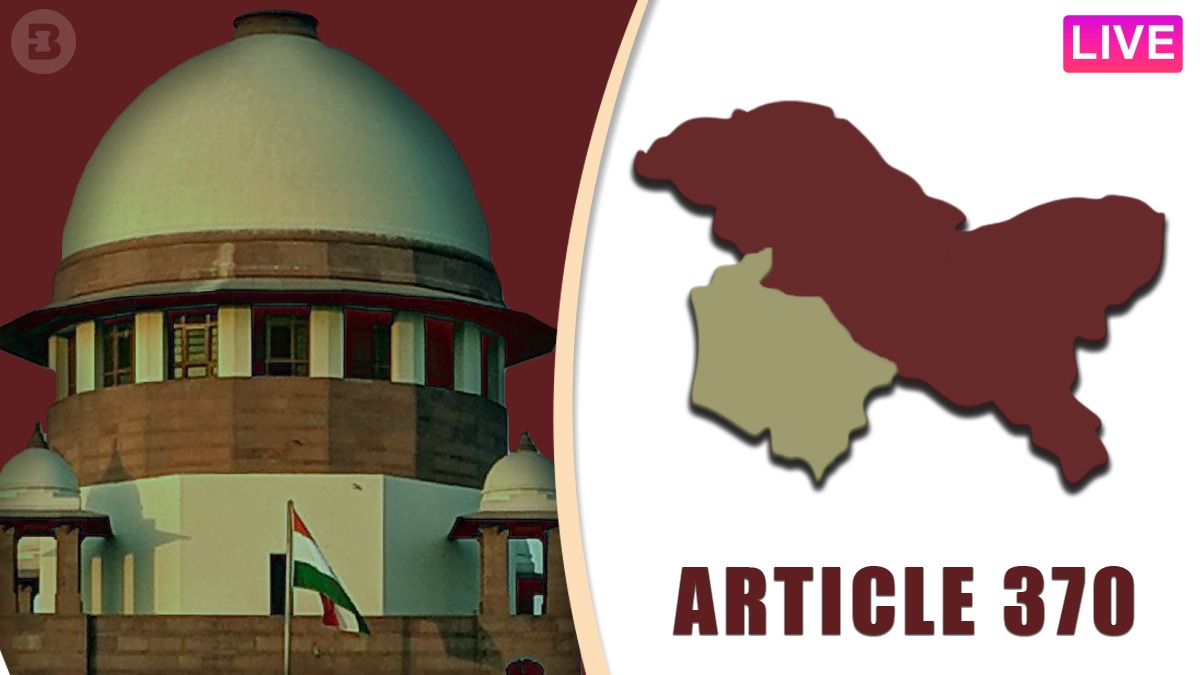He now moves to the 1972 SC decision in Mohd.Maqbool Damnoo: indiankanoon.org/doc/713534/
(Background: In Damnoo, an amendment to Art 370 was made much like in the way it was done in the recent abrogation orders and the same was upheld by the SC)
12/n
He argues that in the Damnoo instance, there was an amendment of the J&K Constitution itself, prior to the amendment of the Indian Constitution.
13/n
Given this, Art 370 cannot be used for repealing the J&K Constitution itself.
14/n
He is now focusing on the scope of Parliament's amending powers u/Art 368.
Asserts that this power is limited to amending the Indian Constitution and does not extend to the J&K Constitution.
15/n
Thus, the power to amend does not apply to the same extent vis a vis J&K, adds Sr.Adv.Dwivedi
16/n
17/n
Asserts that SC in the said case had based its reasoning on Presidential Orders which received the approval of J&K Constituent Assembly, unlike in the present instance.
18/n
Therefore, the power to amend/repeal must be found in either one of those and since it is not, there can't be a constitutional and lawful repeal.
17/n
Dwivedi: 'Perhaps there is no provision for this at all, but under any circumstance, extra-constitutional means cannot be taken'
18/n
Adv. Sanjay Parikh has now commenced arguments on behalf of the Petitioners in WP 1368/2019 - PUCL.
He submits that Art 370 is frozen in time.
19/n
Once the Assembly ceased to exist, the provision was frozen in time and was only kept on the books as proof of the manner in which the accession and constitution-framing for J&K took place.
20/n
Before the Bench rose, Adv. Sanjay Parikh mentioned that he would need around an hour tomorrow to finish his submissions.
21/21


